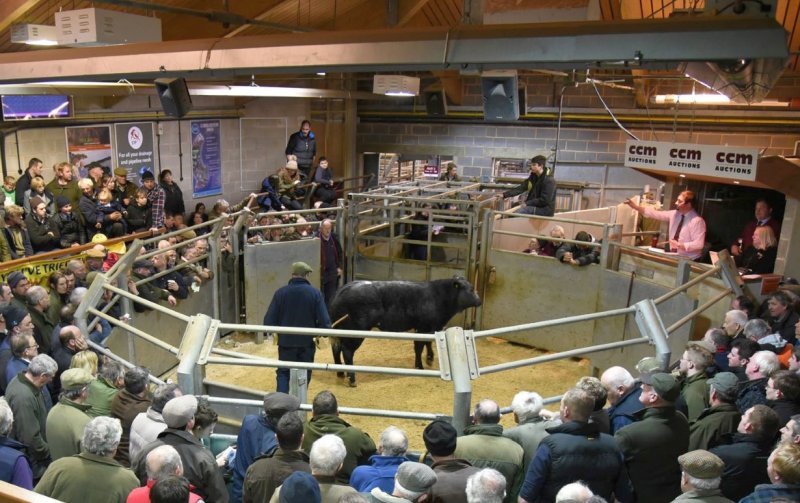
A new report by the Prince's Countryside Fund has recognised the important social and community connections that livestock marts provide to rural communities.
The charity's report 'More Than A Mart' also highlights their role as vibrant hubs for knowledge exchange, business, and physical and mental health checks of farmers.
But if marts are not commercially successful, they will not be there to provide all of these vital benefits, the Prince's Countryside Fund warns.
More recently, changes in farming have put new pressures on auction marts, with some farmers now selling livestock directly to supermarkets or consumers.
And infectious diseases, such as foot and mouth and bovine TB, have dampened the enthusiasm of farmers for mingling their animals with others at marts.
In response, more auction marts have closed and some operate much less frequently, the Fund's report notes. Some have relocated, moving out of town to bigger ‘agri-business sites’.
And many now offer more services – not only agriculture-related services, such as accountants, feed stores and equipment sellers – but also hairdressers, food stalls and even wedding venues.
In the face of massive pressures, the report says auction marts have survived because of farmers’ continuing preference to see first-hand the stock that they buy.
They can be essential to local communities, it says, bringing customers into pubs, cafes and other businesses.
Crucially, they are central to many farmers’ lives, offering much-needed social and health services as well as practical support.
The Institute of Auctioneers and Appraisers in Scotland (IAAS), the body for livestock markets and auctioneers in Scotland, said it welcomed the report report for recognising marts' role.
But it said marts needed to be 'fully utilised' by the livestock chain for the buying and selling of stock, for marts to continue to be an active tool in farmers’ boxes and regulators of fair trade.
"There is no better space than live marts, for buyers and sellers, to achieve the best and fairest price," said Neil Wilson, executive director of the IAAS.
"As we ease out of a challenging 18 months, IAAS will be returning to our pre-Covid plans to bring together young auctioneers to look at the mart of the future.
"As restrictions ease, we’ll soon see the marts back to being that social, noisy, enterprising, exciting, fun hub, and that farmers jump in their pick-up in the morning with a trailer on the back and look forward to their day."
